FDI is not just source of financing that allows businesses to grow, but a source of innovation that promotes energy efficiency. ‘Unlocking India’s Electric Mobility Potential’ titled study by management consultancy firm Arthur D Little, noted that “the EV industry will cross sales of 10 million vehicles by 2030, with an overall adoption rate of more than 30% across different vehicle categories." To fulfill this rising demand, India is accelerating plans to manufacture Lithium-ion cells within the country, expecting USD 2.3 billion in government subsidies and more than USD 7.5 billion in investment potential, it said.
In terms of investment, given Foreign Direct Investment (FDI) inflow of nearly USD 6 billion in 2021, India's EV industry could draw further foreign investments of about USD 20 billion by 2030, as per the study. A competitive business environment for attracting Foreign Direct Investment should be much more focused on differentiation and uniqueness. Indian cities seem to have clearly defined and communicated their unique competitive advantages. Evidence from other geographies suggests that FDI inflows can not only guide internal learning within a corporation but can also improve productivity across the whole ecosystem through external technology spillovers. Nevertheless, maximizing these spillovers will direct the private sector to increasingly invest in R&D and design capabilities to take advantage of these, which have been lacking in the electric vehicle ecosystem.
The overall ecosystem for innovation in the country, and ease in transition from non-renewable energy resources to renewable energy will need to be intensified. Developing innovative solutions that transform the competitive and economic landscape of a country requires teamwork within governments and collaboration among all stakeholders responsible for FDI and economic development. In particular, there is a need to enhance collaboration between industry and research institutions with a clear focus on green technologies, including future technologies such as green hydrogen, second-generation biofuels, and non-lithium battery chemistries.
If India acquires its true potential of 50 per cent electrification, every 10th EV sold globally could be manufactured in India, making India a global EV powerhouse, Barnik Chitran Maitra, Managing Partner and CEO, India & South Asia at Arthur D Little said." We can build on this position by acting to support product innovation, create reliable charging infrastructure, and provide subsidies to buyers and additional incentives to startups involved in battery R&D, among others," he said. Despite the barriers, India is one of the most extensive markets for electric vehicles in Asia behind only China and surprisingly, ahead of Japan.
In the recent past, government support and investments made by auto-incumbents in the electric vehicle ecosystem have also bolstered private equity (PE) and venture capitalists (VC) trust in the domestic electric vehicle ecosystem, as per the study. The study mentions several aspects for the low adoption of passenger EVs in the country. Higher upfront costs compared to traditional vehicles, lack of models, dearth of charging infrastructure, quiet consumer faith in the product driven largely by range anxiety suggest that that the private sector and the government should work together to remove these hindrances. India's import bill is also expected to come down by almost USD 14 billion in 2030 itself.
If calibrated in the right way, investment promotion policies, strategies, and tools crafted to react to these prospects can assemble clean energy new technology that will support the future of economic growth in the electric vehicle ecosystem. It is a prerogative and a necessity, that India must go beyond just attracting talent and start-ups in the electric vehicle ecosystem. FDI can be that helping hand in nurturing, developing, and retaining talent and introducing policies to make sure that happens in an emerging new sector. FDI is contributing to building back better in a post-Covid world, creating a broad economic and societal impact along with potentially achieving the SDG targets of the Government in India.


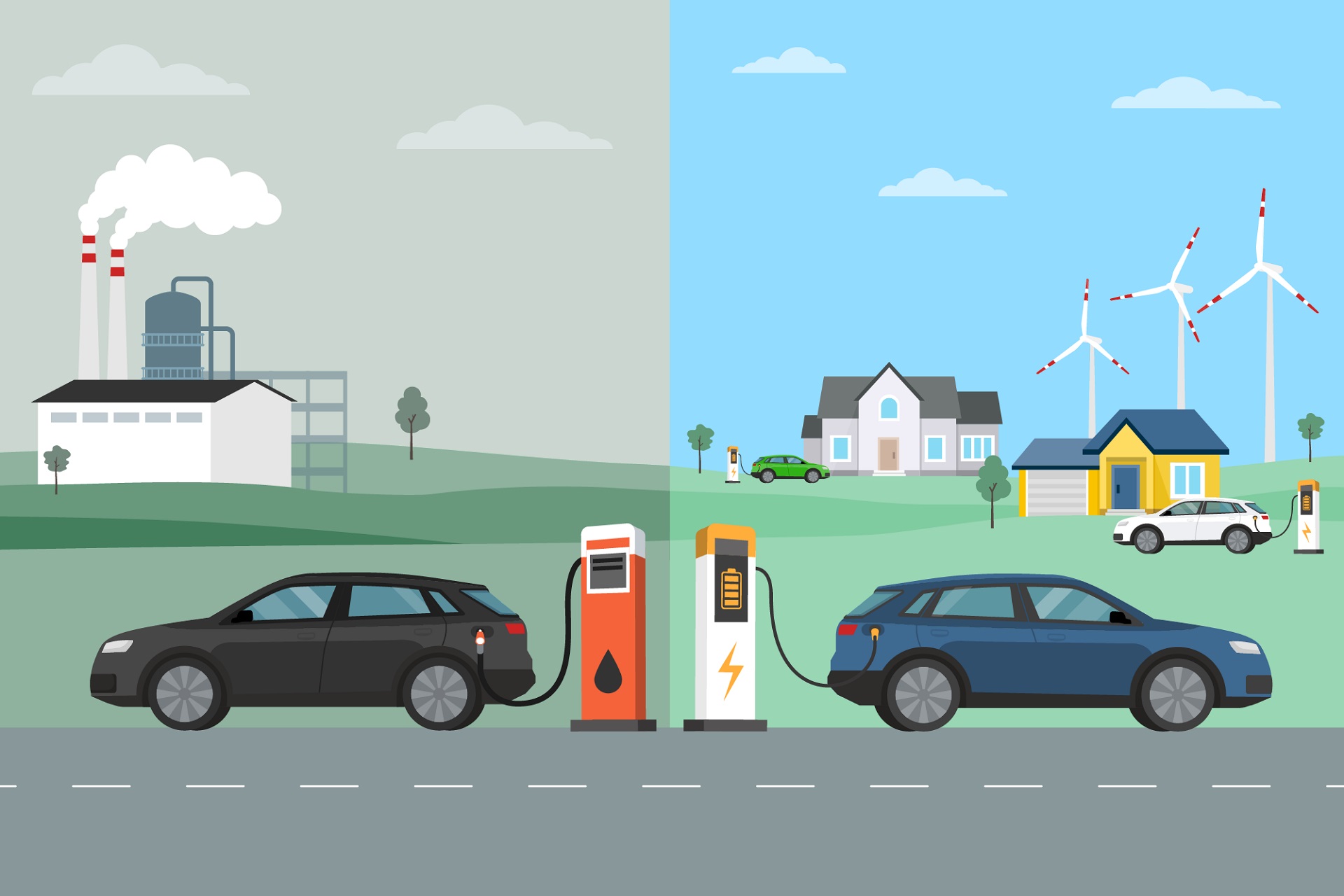

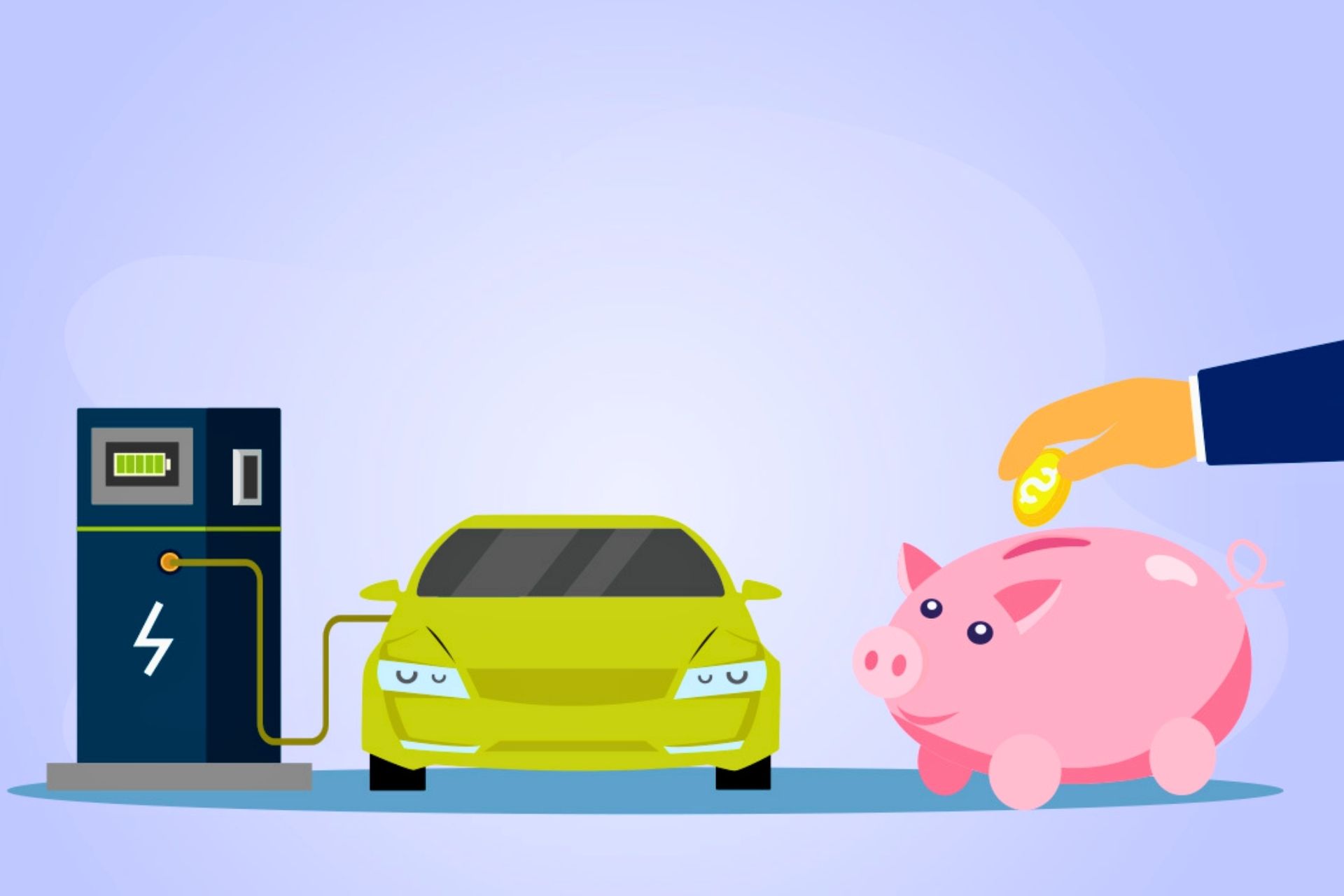
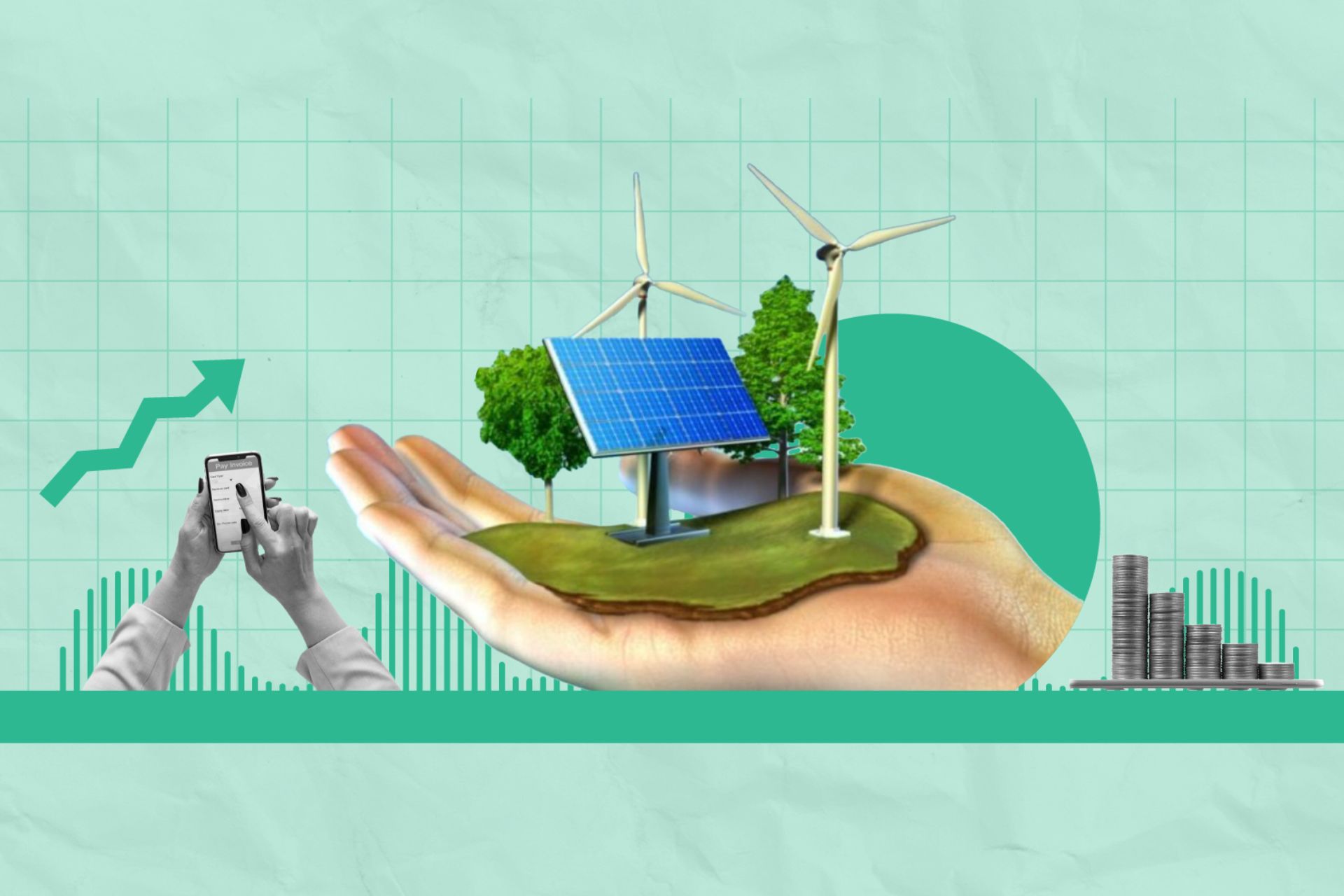
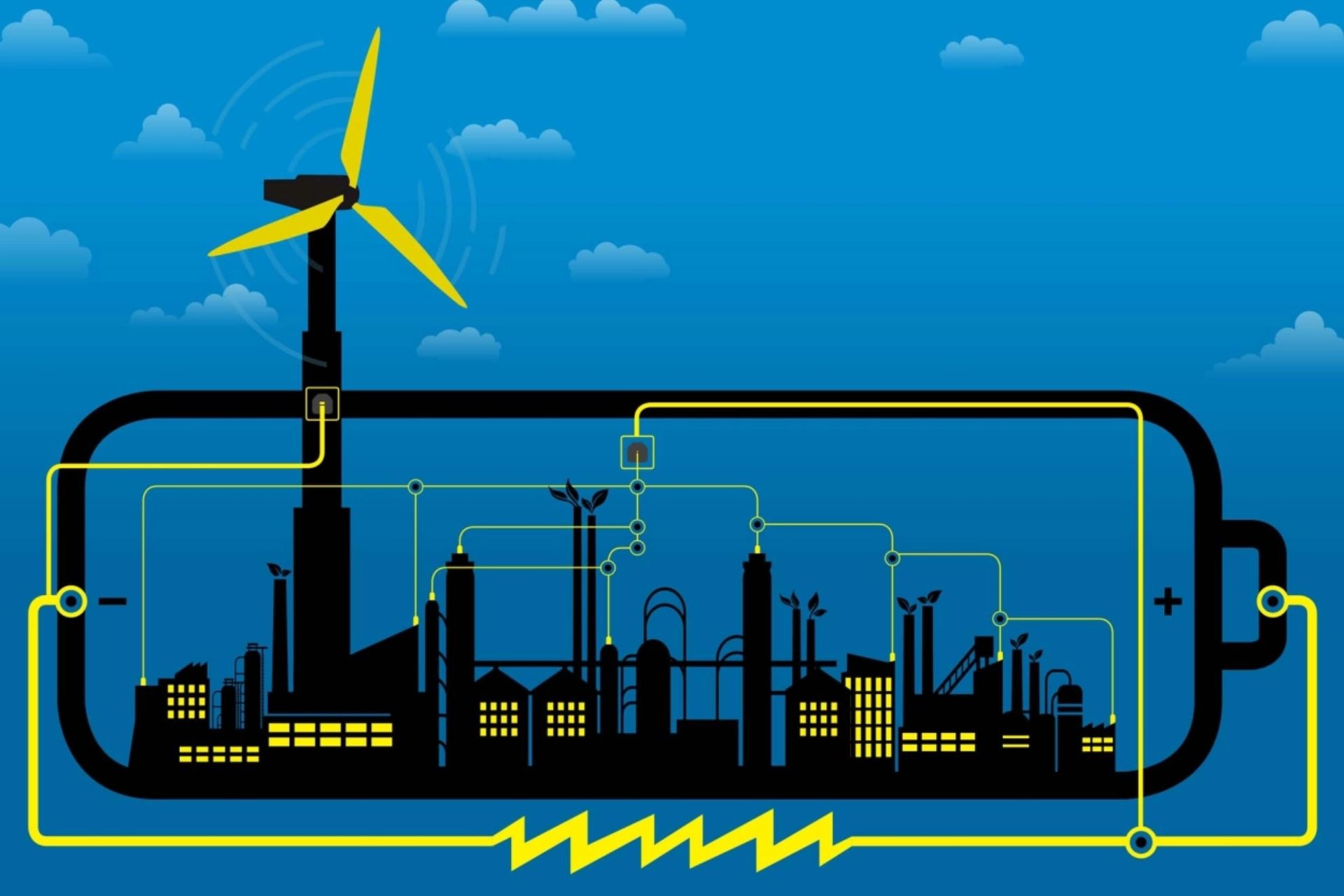
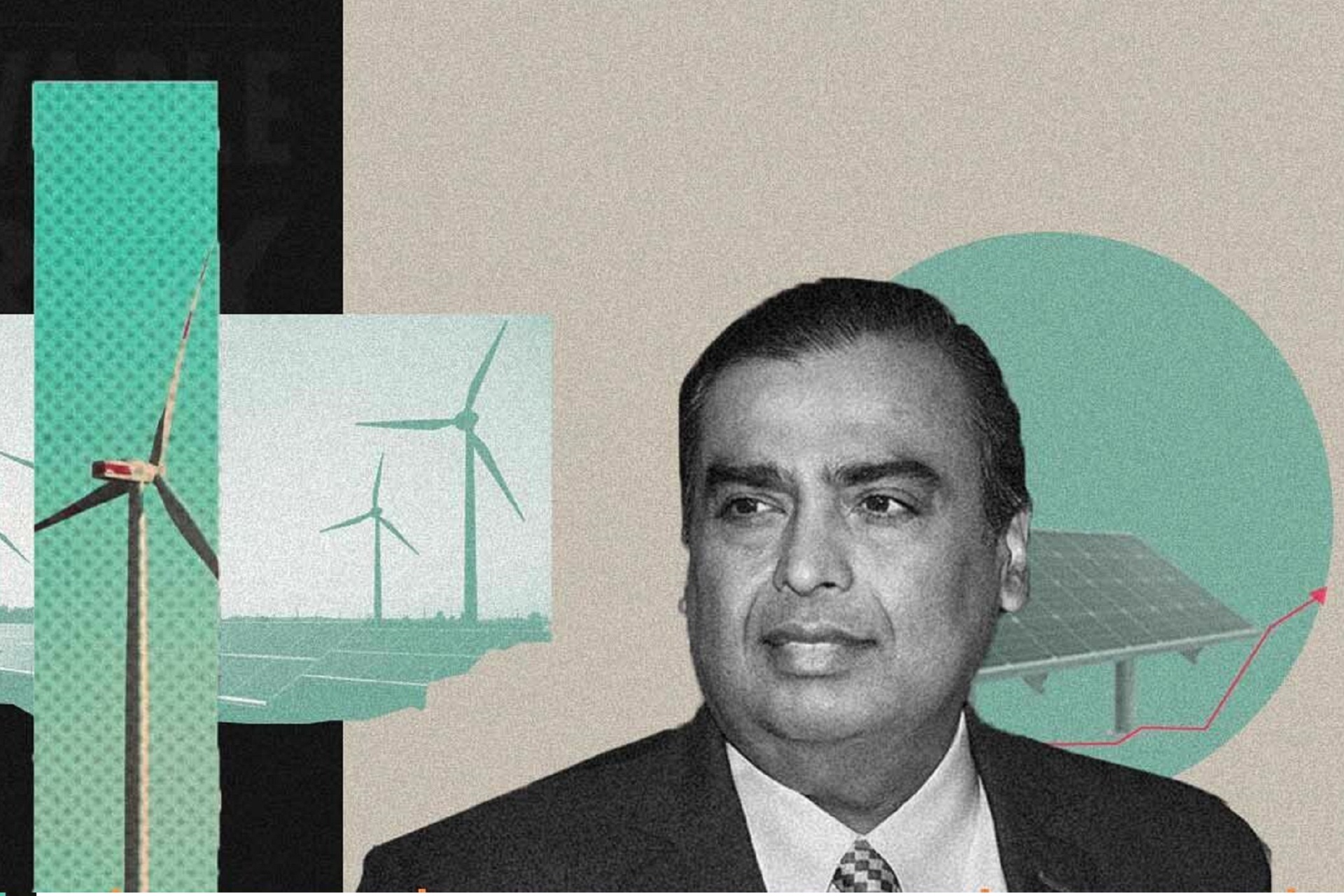
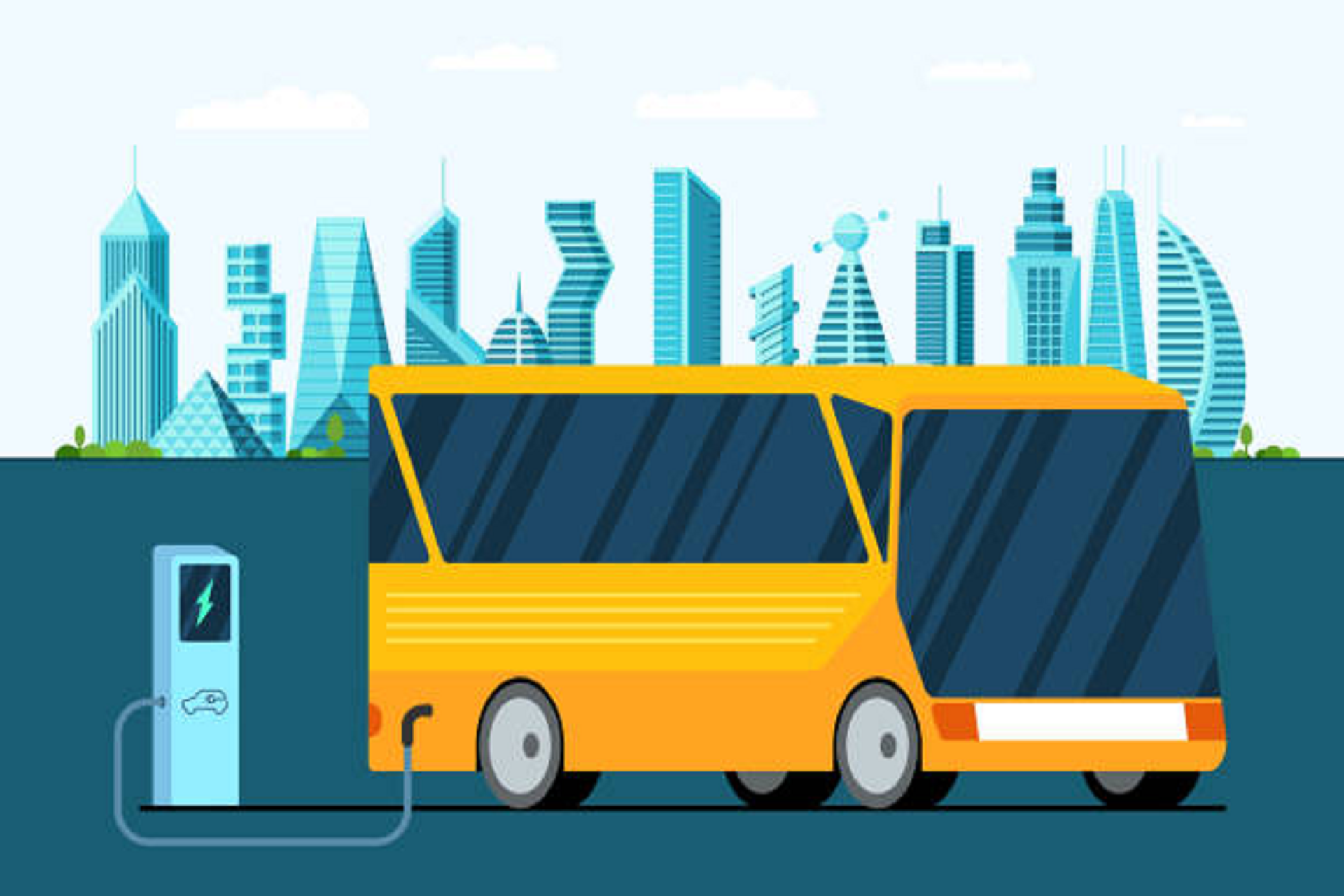
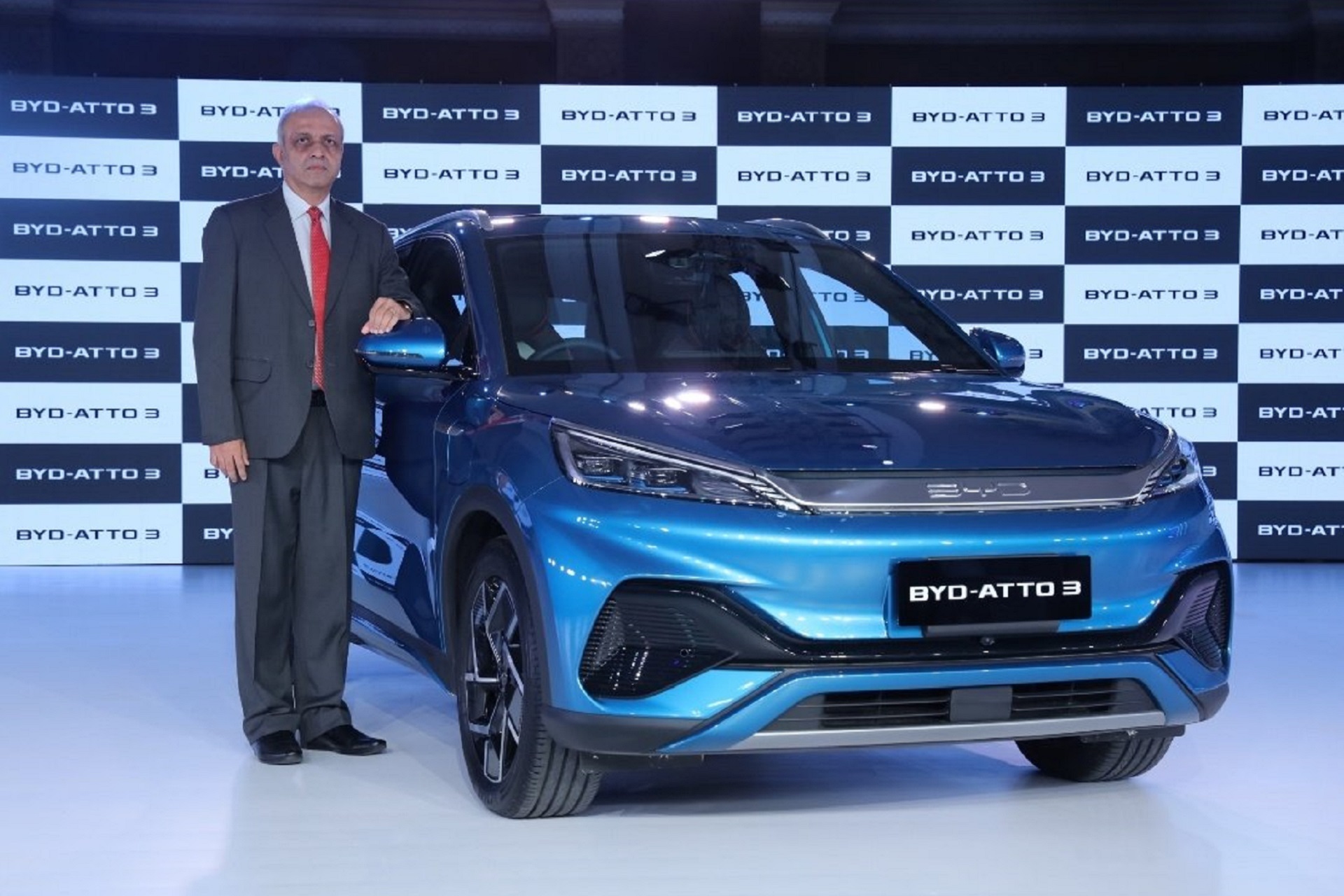
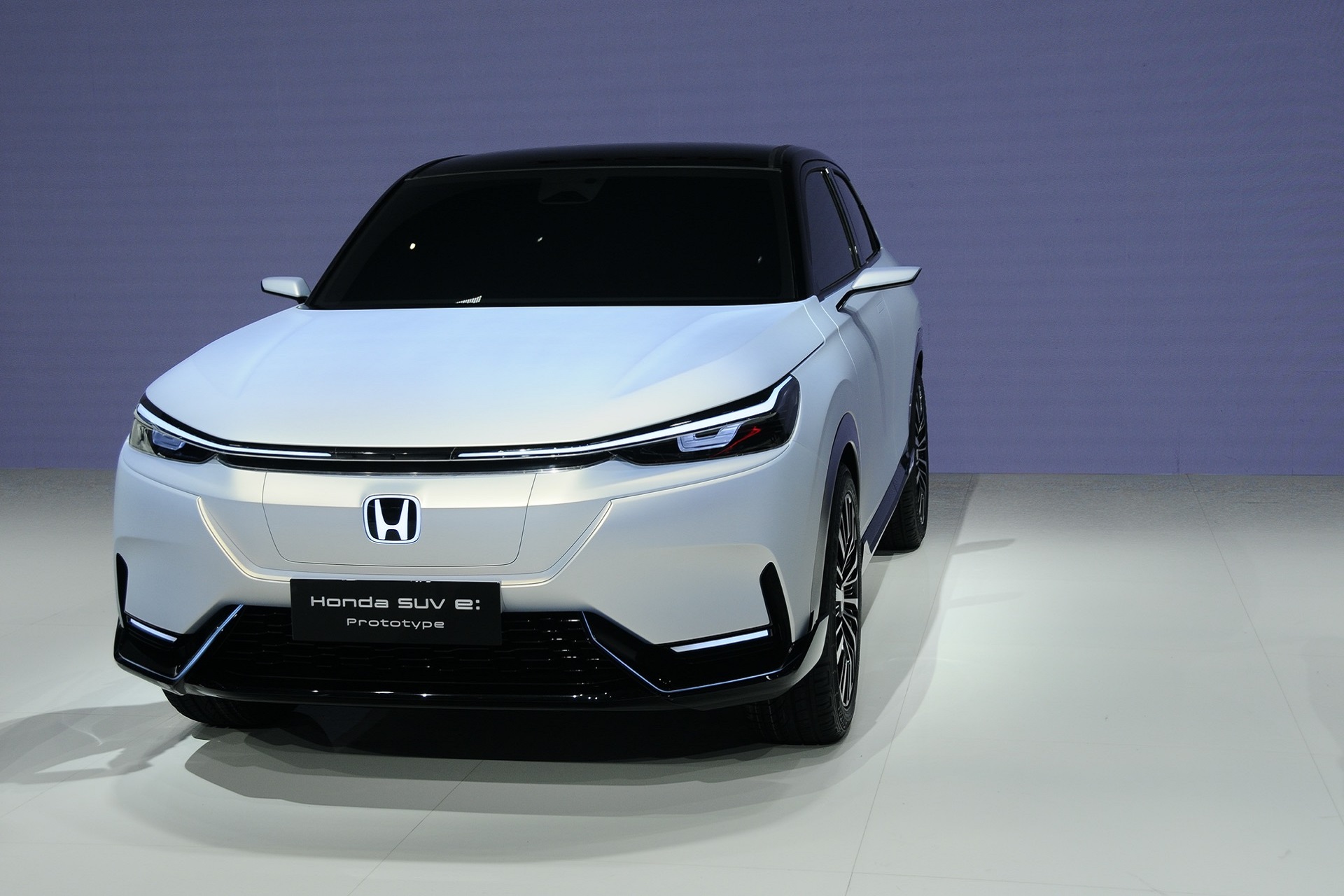
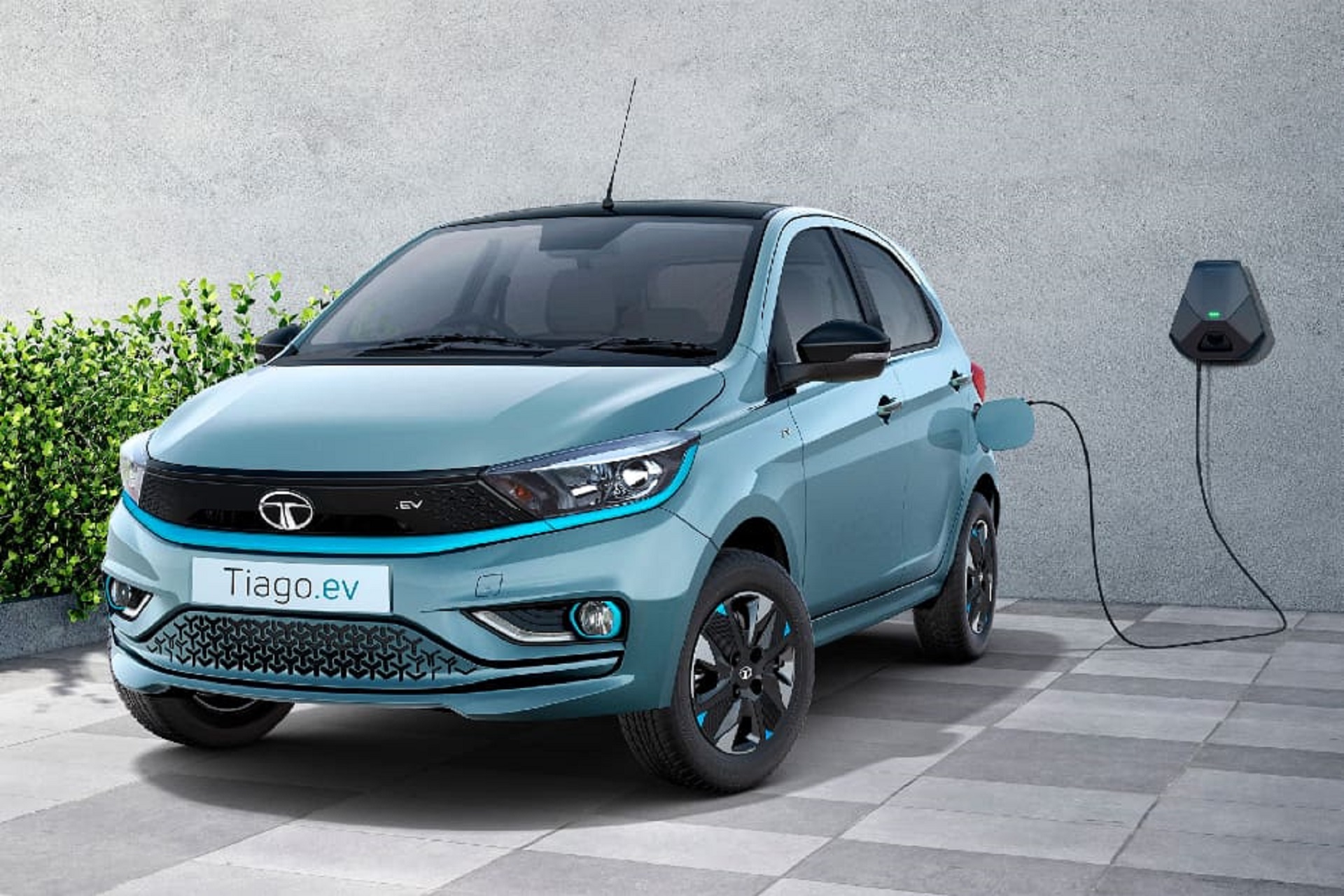


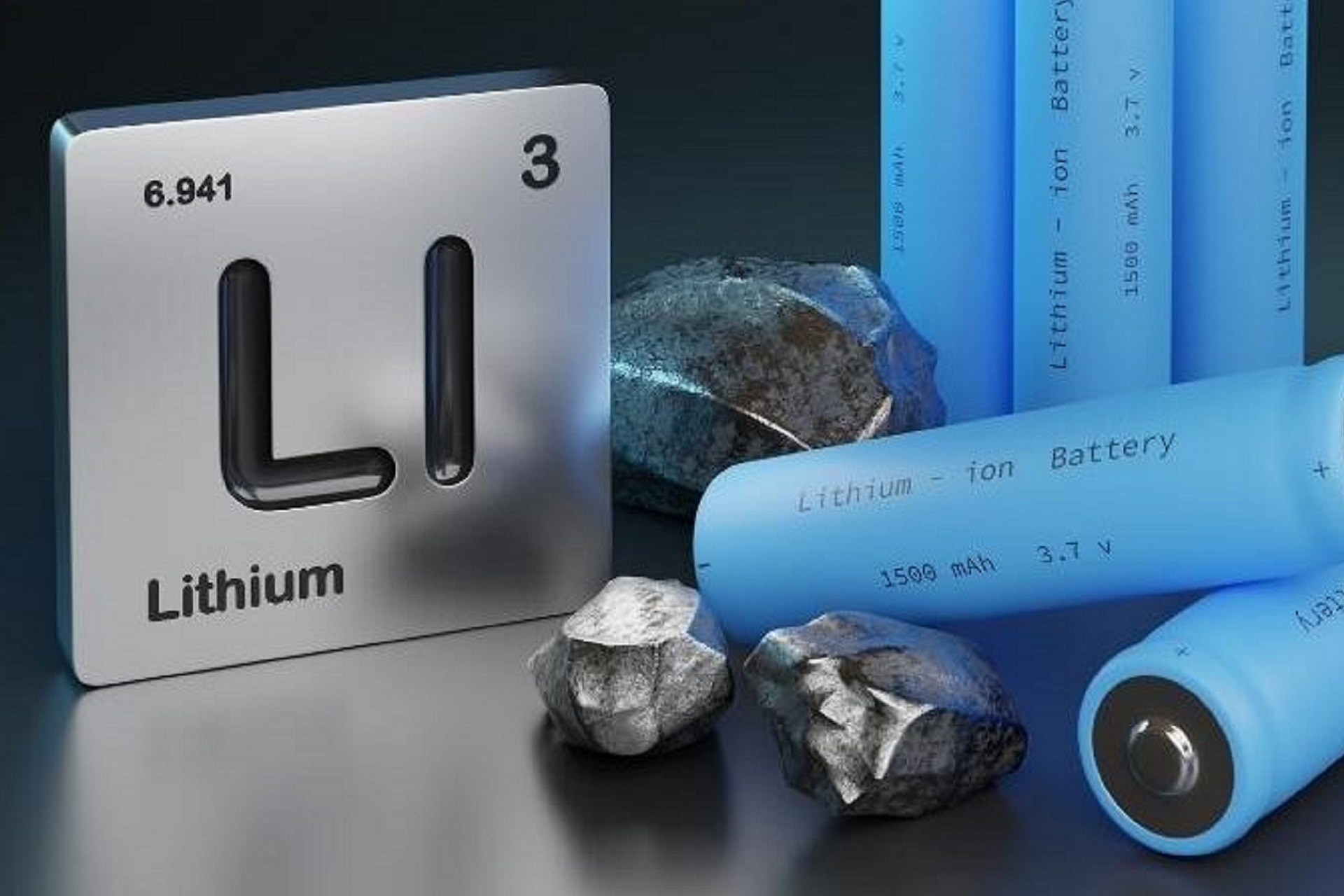



Please Login / register to post your comments!!
0 Comments